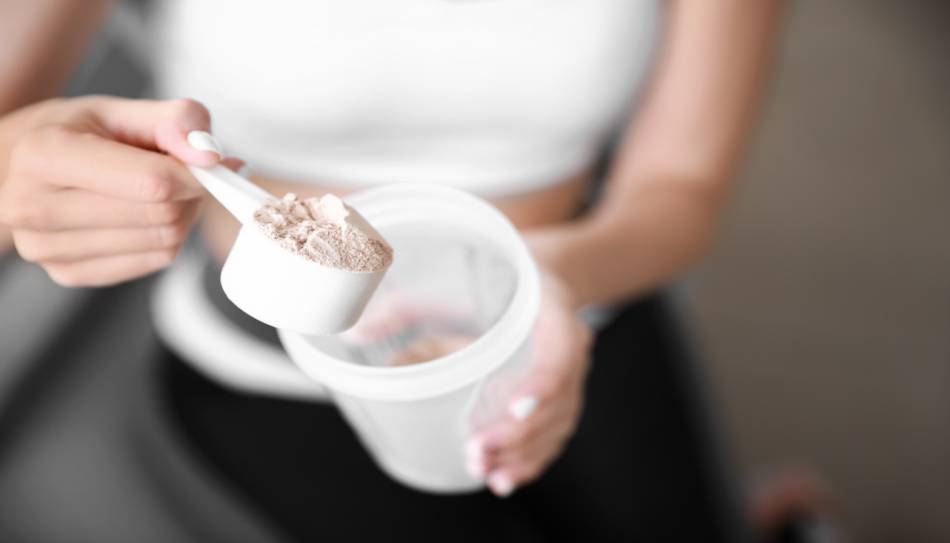
Answer:
As discussed in our review of protein powders, two very good sources of protein — whey and casein protein — are both derived from milk, so products that contain these may be suitable for vegetarians but not for vegans. Whey and casein are both complete proteins, meaning that they contain all of the essential amino acids. Whey protein is particularly high in branched-chain amino acids, which are important to replenish after exercise and are needed for maintaining muscle.
If you prefer plant-based protein or are vegan, protein powders made from soy, rice, pea and hemp, or a mix of these sources, can be good choices. Soy protein is a complete protein, but should not be taken if you have a soy allergy or thyroid condition.
Rice and pea proteins can also provide all of the essential amino acids, and some studies have found them to be equal to whey in increasing strength and muscle when taken after resistance exercise. Hemp can also provide all of the essential amino acids, and is particularly high in the branched-chain amino acid arginine, although there is little research on its use for muscle building or sports recovery. Be aware that although these plant-based proteins provide all the essential amino acids, the ratios of these vary by protein source. Consequently, it's generally recommended that a mixture of sources be used, such as combining a grain-based protein, like rice, with a legume-based protein like pea protein. (Note: Arsenic contamination is a concern in rice-based products -- see the Warning and Quality Concerns for more about this; however, ConsumerLab.com tested protein supplements containing rice for arsenic (see the results in the third column of the Results table in the review)).
See the ConsumerTips section of the Protein Powders Review for more about these different types of protein.
Also see our Top Picks among supplements made from each protein source.
To be sure a protein supplement does not contain any added ingredients which are non-vegetarian or non-vegan ingredients, you can check the full Ingredients List (provided for each protein supplement tested by ConsumerLab.com), or check the last column of the Results table in the Review, which notes products labeled as "Suited for Vegetarians" or "Suitable for Vegans."
Join today to unlock all member benefits including full access to all CL Answers and over 1,400 reviews.
Join NowAlready a member? Sign In Here.
Join now at www.consumerlab.com/join/

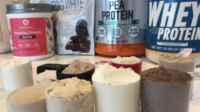
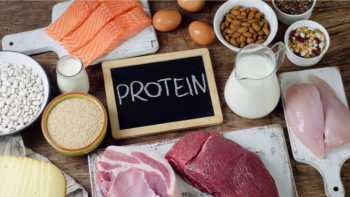
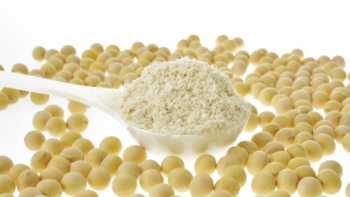
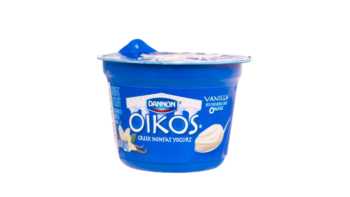
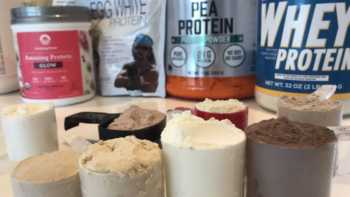
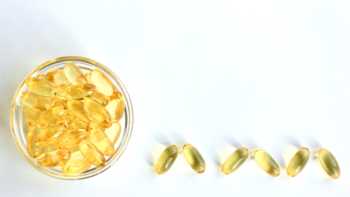
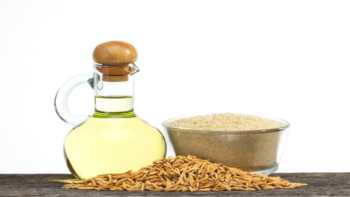
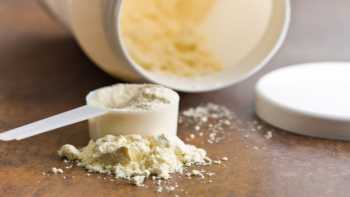





William8770
August 25, 2017What is the significance of soy and breast cancer ? Does it make a difference if it is organic?
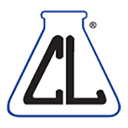 ConsumerLab.com
ConsumerLab.com
January 25, 2018Hi William - Eating soy may help reduce the risk of developing breast cancer; however, women who have estrogen receptor-positive breast cancer and are post-menopausal should avoid taking soy phytoestrogens -- regardless of whether from organic or regular soy. Please see the see the Menopause Supplements Review ( https://www.consumerlab.com/reviews/soy-isoflavones-red-clover-black-cohosh-supplements/phytoestrogens/#soycancer) for more information.
 ConsumerLab.com
ConsumerLab.com
December 04, 2018Regarding lactose intolerance and your avoidance of milk-based proteins -- whey and casein, consider using a lactase supplement or choosing a protein powder that contains lactase as an ingredient, as the lactase will break the lactose into sugars you can digest. You can look at the "Ingredients" page in our review to find a protein powder with added lactase. Also, see our Review of Lactose Intolerance Products (which includes lactase pills and lactose-free milks) at https://www.consumerlab.com/reviews/lactose-free-milk-lactase-enzyme-supplement-review/lactose-intolerance/.
Kathleen8774
May 01, 2019This is just my personal anecdote, but why add enzymes/lactase in addition to milk products, when there are so many reasonable alternatives at a really good price. Many people I know become more lactose intolerant with age. The villi are getting older perhaps naturally with age/use (or I'm not sure, but friends report it after around age 70 or so). NO that cleans out our blood vessels and restores epithelial/endothelial health internally is created in the mouth by digesting greens and from the saliva we make when we chew a reasonable amount 2 or 3 times a day. Whole foods just have a lot going for them. Adding some rice milk or soy or almond as a snack, or maybe just a bit of yoghurt with probiotics to mango juice and taking 4 oz or so 1 hour after lunch is a good way to supplement, naturally. A friend went to soy milk as a snack and his big toe doesn't hurt any more, he's lowering his animal protein intake due to it's called "gout," that he acquired. Just one opinion, but I've done fine all my life on an infant soy formula and vegetable products and supplements. I know the breast cancer/soy issue is always under debate and look forward to seeing more research on it. In my family the 2 people who did milk products over the years both came down with tumor growth - 1 prostate the other breast/metasteses. (Plus going back into the older generation, the one woman (out of 4) who did a lot of milk, also had breasts/uterus removed due to cancer. My Mom was lactose intolerant like me - we skipped the milk and so far I've had no tumors.)
Reply to this post…
Elaine L8767
August 23, 2017Unfortunately, I cannot use whey or casein as I am lactose intolerant. Also, soy is off my list as I'm genetically predisposed to breast cancer. At this time, I use egg white protein. Does anyone have any research on that? Thank you. Have a great day!
 ConsumerLab.com
ConsumerLab.com
August 23, 2017Hi Elaine - Yes the Protein Review also includes information about egg white protein powder, which you can find here: https://www.consumerlab.com/reviews/protein-powders-shakes-drinks-sports/nutritiondrinks/#egg
Reply to this post…
Rebecca8765
August 23, 2017Are there any data on the arsenic levels in rice protein?
 ConsumerLab.com
ConsumerLab.com
August 24, 2017Hi Rebecca - Yes, thank you for your question. We've now added information about this in the Answer above.
Reply to this post…